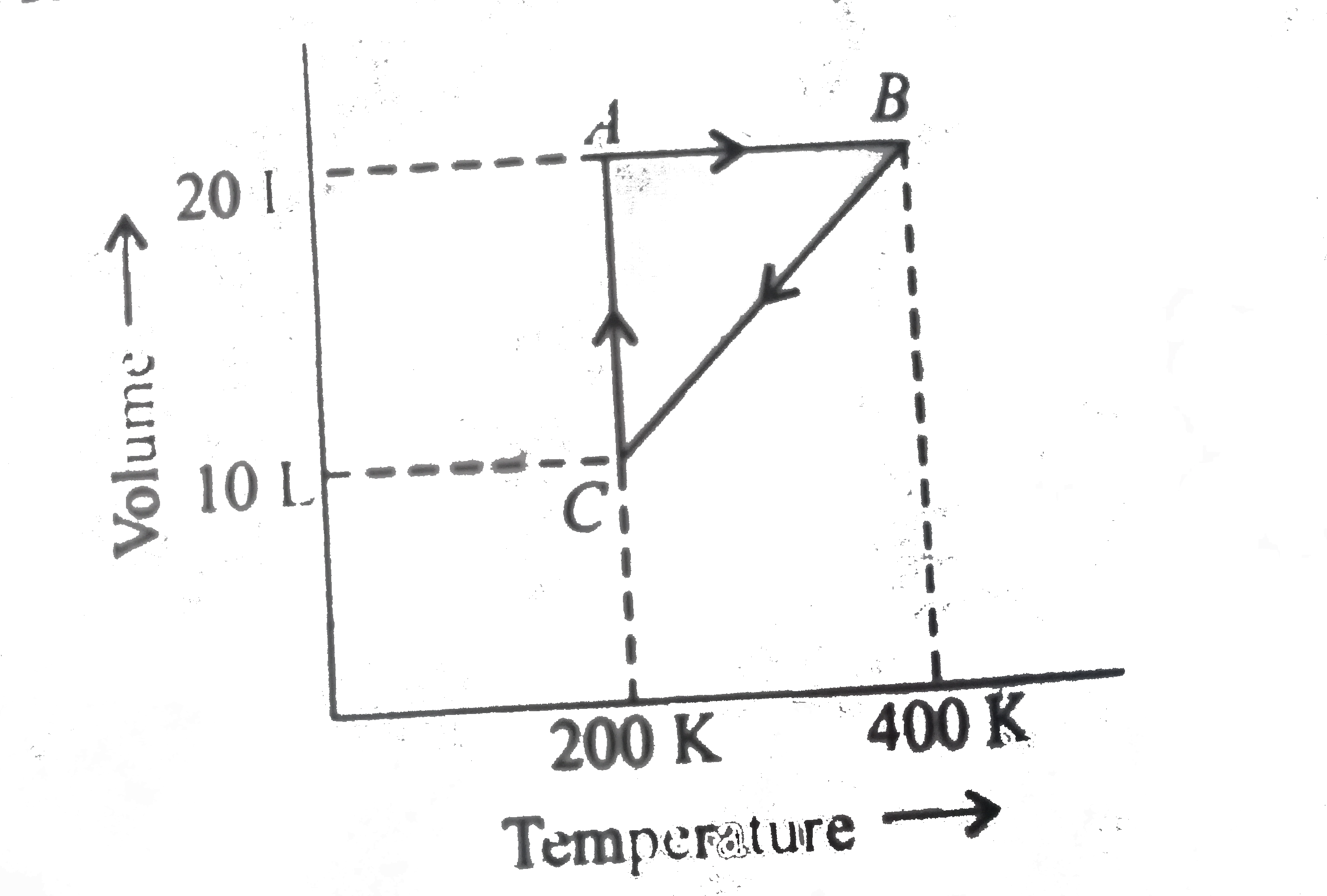If P be the sum of odd terms and Q be the sum of even terms in the expansion of , then is
(i)
(ii)
(iii)
(iv)
The correct Answer is:C
Step by step video, text & image solution for If P be the sum of odd terms and Q be the sum of even terms in the expansion of (x+a)^(n), then (x+a)^(2n)+(x-a)^(2n) is (i) P^(2)-Q^(2) (ii) P^(2)+Q^(2) (iii) 2(P^(2)+Q^(2)) (iv) 4PQ by Maths experts to help you in doubts & scoring excellent marks in Class 11 exams.
Topper's Solved these Questions
- BOOK - ICSECHAPTER - BINOMIAL THEOREMEXERCISE - EXERCISE 13 (a)27videos
BINOMIAL THEOREM
- BOOK - ICSECHAPTER - BINOMIAL THEOREMEXERCISE - EXERCISE 13 (b)33videos
BINOMIAL THEOREM
- BOOK - ICSECHAPTER - BINOMIAL THEOREMEXERCISE - CHAPTER TEST14videos
BINOMIAL THEOREM
- BOOK - ICSECHAPTER - BASIC CONCEPTS OF POINTS AND THEIR COORDINATESEXERCISE - CHAPTER TEST2videos
BASIC CONCEPTS OF POINTS AND THEIR COORDINATES
- BOOK - ICSECHAPTER - CIRCLEEXERCISE - CHAPTER TEST11videos
CIRCLE
Similar Questions
If P be the sum of odd terms and Q be the sum of even terms in the expansion of (x+a)n, prove that
(ii) 4PQ=(x+a)2n−(x−a)2nandView SolutionIf A be the sum of odd terms and B be the sum of even terms in the expansion of (x+a)n, prove that A2−B2=(x2−a2)n
View SolutionIf P be the sum of odd terms and Q be the sum of even terms in the expansion of (x+a)n, prove that
(i) p2−Q2=(x2−a2)nView SolutionIf P be the sum of odd terms and Q be the sum of even terms in the expansion of (x+a)n, prove that
(iii) 2(P2+Q2)=(x+a)2n+(x−a)2n.View SolutionIf P and Q are the sum of odd terms and the sum of even terms respectively in the expansion of (x+a)n then prove that
P2−Q2=(x2−a2)nView SolutionIf the sum of odd terms and the sum of even terms in the expansion of (x+a)n are p and q respectively then p2+q2=
View SolutionIf A and B are the sums of odd and even terms respectively in the expansion of (x+a)n then (x+a)2n−(x−a)2n=
View Solution
The pressures at A and B in the atmosphere are, respectively,View SolutionIf the sum of odd terms and the sum of even terms in (x+a)n are p and q respectively then p2+q2=
View SolutionIf A and B respectively denote the sum of the odd terms and sum of the even terms in the expansion of (x+y)n, then the value of (x2−y2)n, is equal to
View Solution

